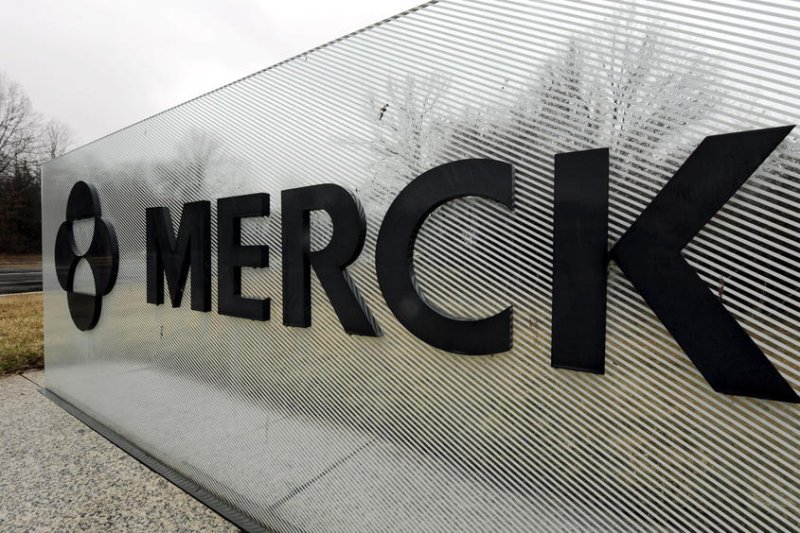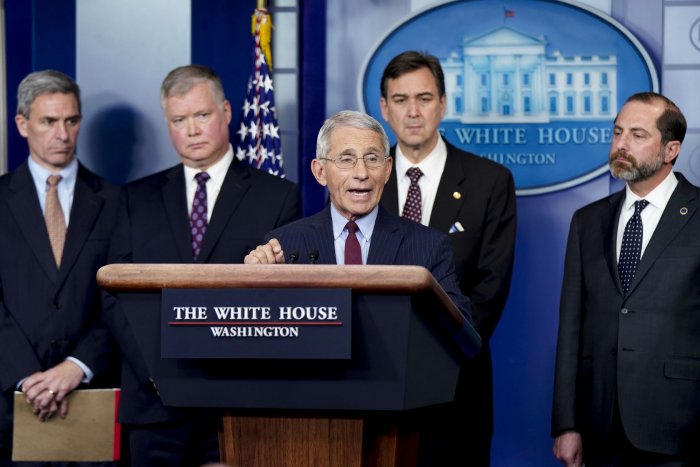The company said the drug had the greatest effect reducing the viral load for those who were in earlier stages of COVID-19. File Photo by Justin Lane/EPA-EFE
April 15 (UPI) -- Drugmaker Merck said Thursday it was ending plans to continue to study the experimental coronavirus drug molnupiravir in hospitalized coronavirus patients, but will continue to a Phase 3 in individuals who were recently infected.
Merck said in a statement that the positive effects of the drug in hospitalized, severely ill patients weren't sufficient to "provide a meaningful measure of clinical effect."
The company said the drug had the greatest effect reducing the viral load for those who were earlier in their illness.
Data from the study of non-hospitalized patients "provide meaningful evidence for the antiviral potential" of the drug, Dr. Roy Baynes, senior vice president and head of global clinical development and chief medical officer at Merck Research Laboratories, said.
"Merck's commitment from the outset of the pandemic has been to deploy our expertise and capabilities where they can have the most impact," Baynes said in a statement.
"Merck is now focusing its efforts on advancing molnupiravir, which, as an oral medicine for outpatient use, represents a promising potential new approach, and on accelerating production of Johnson & Johnson's COVID-19 vaccine."
If molnupiravir is eventually approved to treat non-hospitalized COVID-19 patients, the companies say the drug would add an option to what's currently a limited range of treatments for people early in the course of the disease, as well as potentially a post-exposure prophylactic.
Merck plans to study the drug's effects among households, as a means to treat individuals living with a person who has tested positive for the virus. The company said molnupiravir could possibly prevent milder cases of COVID-19 from advancing to severe illness that requires hospitalization.
January 31, 2020
National Institutes of Health official Dr. Anthony Fauci (C) speaks about the coronavirus during a press briefing at the White House in Washington, D.C. Health and Human Services Secretary Alexander Azar (L) announced that the United States is declaring the virus a public health emergency and issued a federal quarantine order of 14 days for 195 Americans. Photo by Leigh Vogel/UPI |
License Photo
















